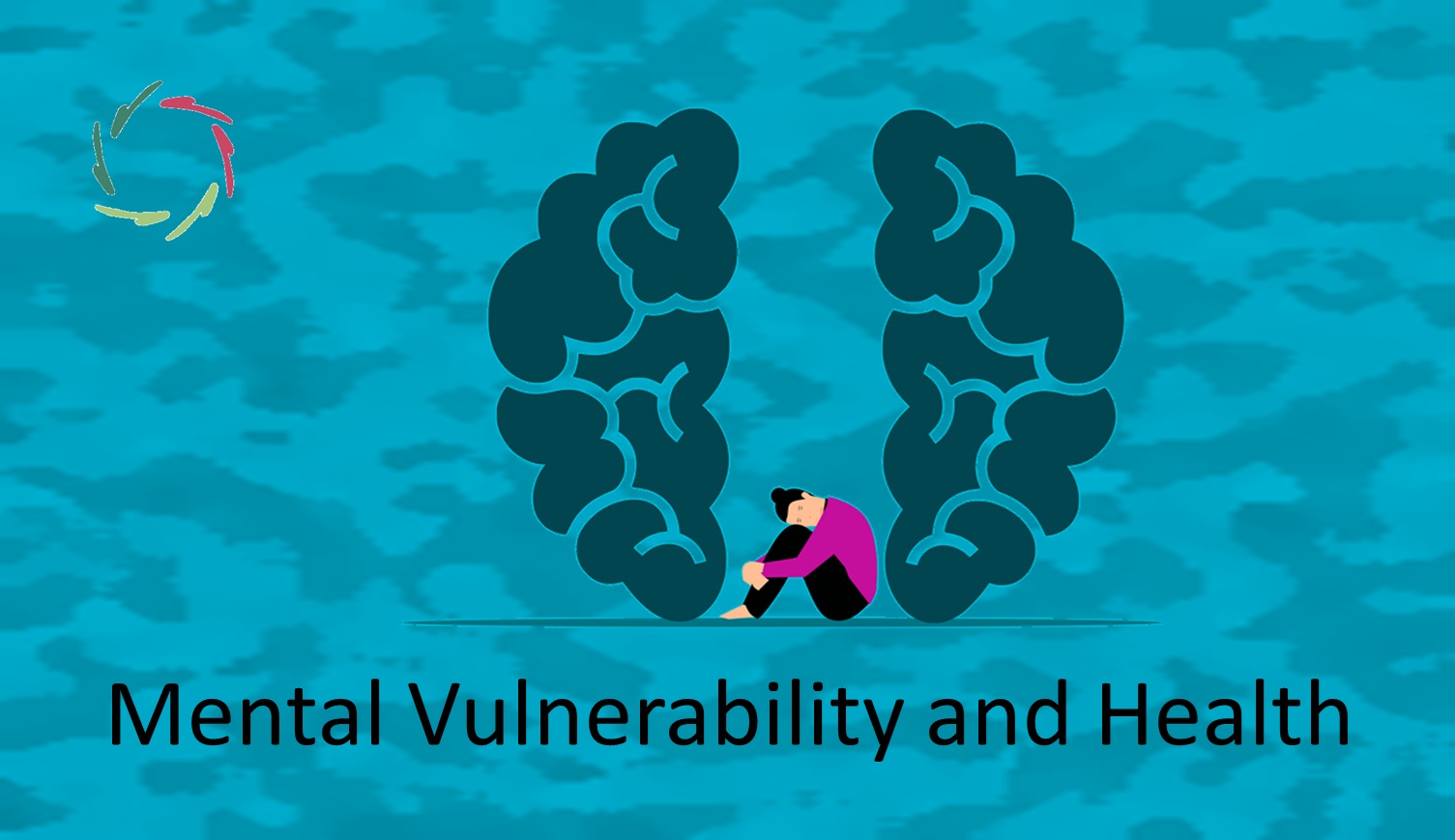WHY Psychotherapies Don’t Work

Performing psychotherapy works. In the performance, there are at least two people at work. The psychotherapies – being performed – don’t work. Why?
About psychotherapies
To take out some confusion: ‘Psychotherapies’ in this text denote psychotherapeutic methodologies as instrumentally used by the knowledgeable psychotherapist to change the client.
Their ineffectiveness has been scientifically proven. [see: “Psychotherapy vs. Psychotherapies“]
So, why don’t they work?
Straightforwardly, because they are instrumental, and we, humans, are not. We are way too complex for the instrumental paradigm to work as it is supposed to. We need something that acknowledges this complexity in order to change ― being a change from inside. [see: “Mental Change: How it Works“]
This is a change at the subconceptual level, not the conceptual one. The problem with this is that in the subconceptual lie the roots of anything conceptual as it is and as it can become.
Yet, in much of psychotherapy, this has been ignored.
On the one hand, psychoanalytic-oriented directions conceptualize the subconceptual, thereby de-subconceptualizing it and de facto ignoring its reality. The non-conscious box is opened, but what’s inside is treated as if it’s the same material as what exists outside. Thus, functionally, the box isn’t opened.
On the other hand, behavioral-oriented (including cognitive) directions pass right over the subconceptual, thereby also ignoring its reality. The non-conscious box is treated as a black box.
Thus, in both cases, the non-conscious is not treated in its subconceptual reality.
The subconceptual is like the roots of a tree.
Our roots are not instrumental but immensely complex and meaningful. [see: “The Non-Conscious is No Automaton“] Much of what ails us – especially mentally – is related to them. They give us deep meaning and motivation. Most of our mental nutrients pass through there.
One can do anything to treat the tree from the ground up. Nevertheless, not taking the roots into account, anything will not be enough.
Therefore, instrumental psychotherapies will never work.
Meanwhile, psychotherapy gets a bad reputation.
Psycho-gaga. You can as well talk with a friend ― costing less. Psychotherapy gets debunked by science as well as by laypeople, and especially in the skeptic milieu.
That is unfortunate because many people need profound psychotherapy because of ubiquitous and mounting psychological problems. On top of this comes an immense amount of psycho-somatics.
Two reasons outside of therapy itself
This dire need puts psychotherapists in high demand, so the incentive to be more effective is not high for many (but not all). That’s another take on why psychotherapies keep being ineffective.
The last reason is that many people – including clients – are quite content with just enough support to keep on going pretty much as before. This as-before is an illusion, as it is in several other domains.
To be effective is to be durable.
Short-term is not enough. [see: “Is Short-Term Enough in Therapy?“] It probably leads to many more problems in the long term.
For the sake of individuals and society, we need effective psycho-therapy (or coaching). The reason why we don’t have it is the same as for many other societal problems. Delving deeper into this brings us to inner dissociation. [see: “Cause of All Suffering: Dissociation“]
It also brings us to the way to go forwards.


